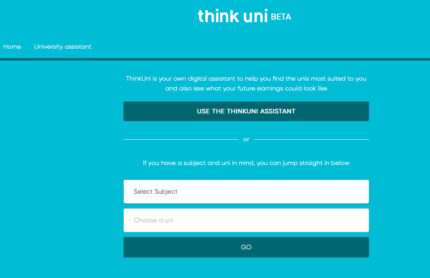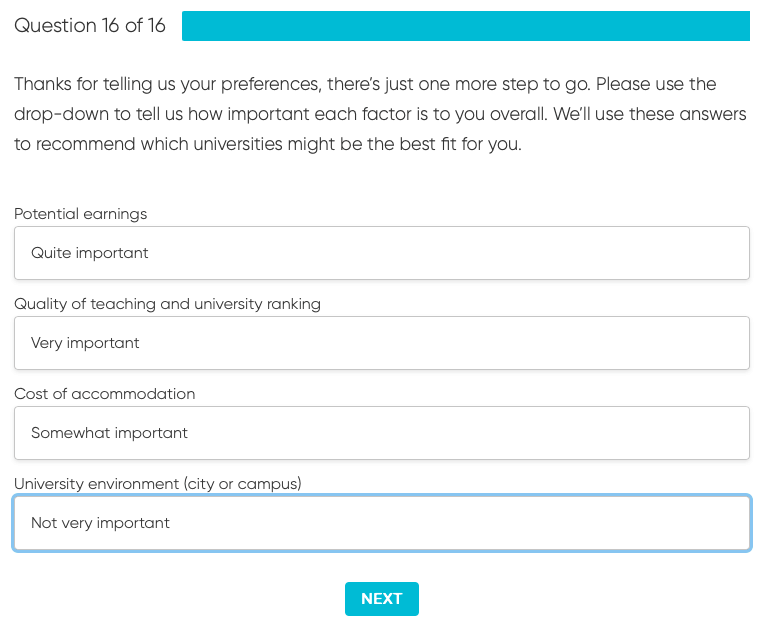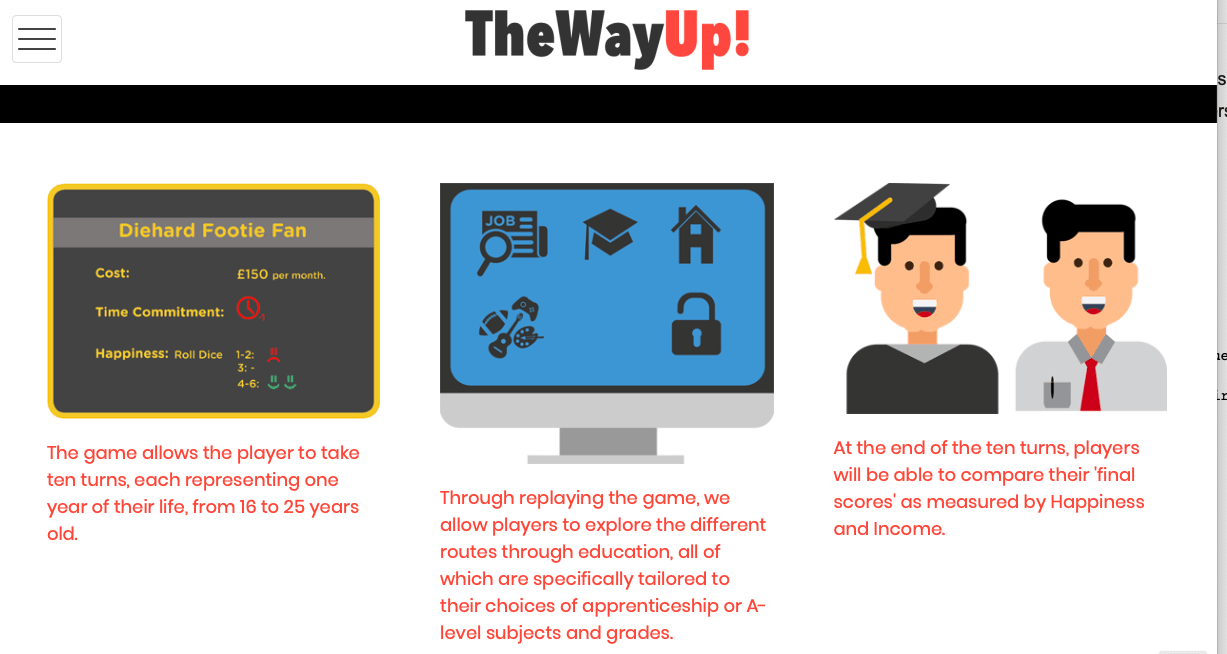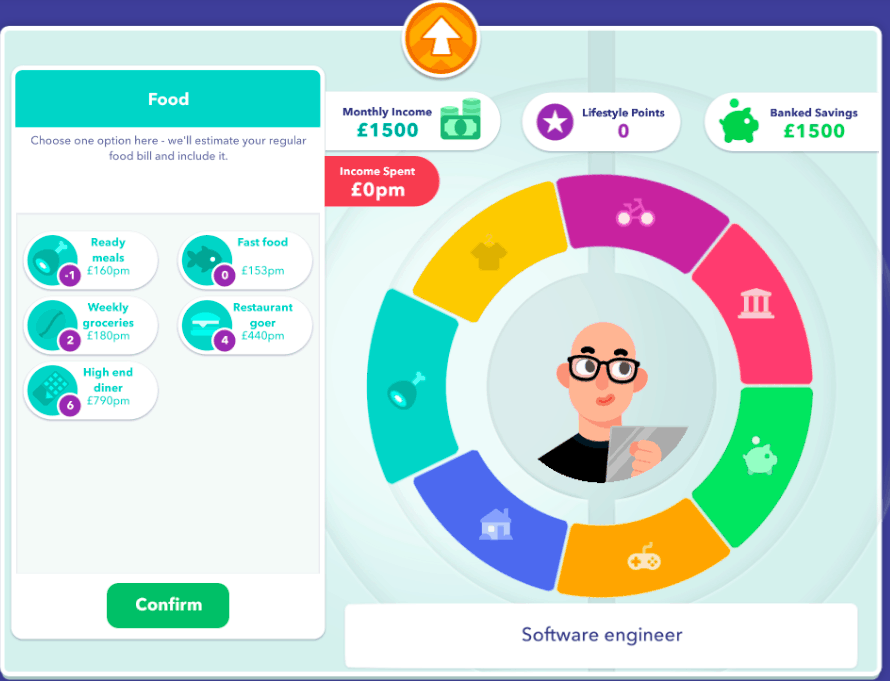Last year the then Universities Minister Sam Gyimah launched a £125,000 competition aimed at tech companies and the like to invite them to develop new digital tools to help students select the best university course for them:
The new tools will help level the playing field between applicants, giving all students access to evidence on earnings and employment outcomes from different degrees.
The competition, which opened on 25 June, will harness the creativity, talent and ingenuity of coders and developers to design accessible digital tools, such as mobile apps, that will make it easier for young people to find out what they might earn if they choose a particular subject at a specific university.
As with everything in those halcyon higher ed days it was all about levelling the playing field. But the focus on earnings remains – as the excitement about the latest LEO data demonstrates.
Go Compare your Graduate Outcomes
Following the launch, an update event on the development of the snappy apps took place at Imperial College in November. There the Minister held forth on the promise of a Go Compare style “digital tool” to help students from disadvantaged backgrounds understand how the right degree could set them on the path to a richer future:
Speaking at Imperial College London, where the final five prototype apps and websites were unveiled, Mr Gyimah added that many current university students he has met are not aware of the Russell Group – the most selective universities in the UK.
He added that these students, who are the first in their family to go to university, do not have the “networks that come with knowing how to play the system” – such as their parents and school.
Mr Gyimah also warned that the development of the app – which is set to compare different courses on graduate outcomes – should be a wake up call for universities who need to “raise their game”.
I could be appy
A further whittling process resulted in two of the apps making it to launch a few months ago. The two apps, ThinkUni and TheWayUp! were announced by the current Universities Minister Chris Skidmore, who sought to stress their place in empowering students:

Appy days are here again
Universities minister Chris Skidmore said: “The importance of choosing where and what you study at university cannot be overstated – it will impact the rest of your professional and personal life. We have made more information available about institutions and outcomes than ever before, but sometimes the sheer amount of data can be daunting for students to navigate. We want to make it easier and fairer for them to access the information they need to make good higher education and career choices.
The ThinkUni application, created by AccessEd, aims to help potential university applicants collate information on institutions, courses, and costs.

The Uni Assistant asks a series of questions about A levels, subject and location interest, campus or city university, how near you like to be to your friends, proximity to shops and entertainment, career aspirations, accommodation preferences, the importance of teaching quality and so on.
Over time and with much more use it will undoubtedly “learn” more about prospective students’ likely preferences and be able to offer more nuanced direction but the initial outputs do seem a bit random and the subject options rather narrow at present.

The only way is TheWayUp!
Whereas ThinkUni is pretty clear, clean and direct – the other app, named TheWayUp!, is much more about gamification of education and career decision making:
Using real-world data, it gamifies important life decisions including A-levels, apprenticeships and university course choices. Based upon these decisions, the game then simulates the occupations available to players and the first five years of their graduate lives!
Funded by The Department for Education, TheWayUp! is a fun and engaging app that provides up-to-date information on the long-term consequences of education and career choices.
There are apparently over 10 million possible routes through the game and players can choose from 20 career paths and over 900 unique jobs and promotions. And with 1,200 combinations of university courses and subjects it says that it lets students explore all their options.
Obviously, I’m not the target market for this game but, having played it a couple of times now I struggled to see how the post-graduation career ‘game’ activity really helped. However, I carelessly ended up as either a shop assistant or a software engineer and was unable to find a way to my dream role as university administrator. Some further development is possibly required.

A little more conversation
The recent Augar review report also had a line on this:
Good information, advice and guidance (IAG) is crucial for anyone seeking impartial advice about jobs, careers, routes of learning and qualifications…The converse is also true: poor IAG can increase dissatisfaction with career and subject choices and result in individuals switching courses and careers.
I completely agree with this. However, there is a huge amount of information out there, much of it incomprehensible or overwhelming for the prospective student and it is the advice and guidance element which is crucially lacking. Whilst apps like ThinkUni and TheWayUp! might help navigate some of this information, they do not address the fundamental need for better expert advice and guidance in schools to support applicants with their education and career choices.













Having tried out a number of combinations on ‘TheWayUp!’ there are a number of limitations to the app and improvements are necessary. Only 11 institutions are shortlisted each time, which appear to be generated from a small subsection of the sector. No matter how many combinations I try I cannot get my desired university to appear on the list. If this is to be used within schools then it needs to offer choices from the whole of the sector, especially if it has been funded by The Department for Education. As mentioned in the article, when the job choices are… Read more »
Good to get more exposure for career advice issues though looks like the apps fall into the creative trap of trying to be cool for young people. What they need is fair and honest guidance from educationists and parents.